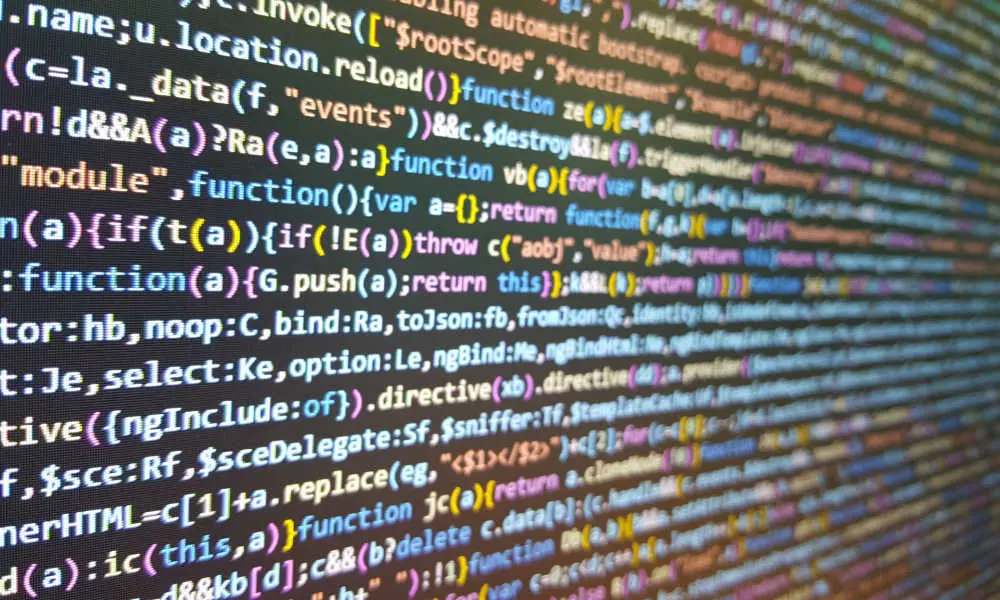Both computer science and data science are essential in the modern workforce. While there are similarities, the differences between the two are significant enough for professionals aspiring to either discipline to understand how they diverge to choose a career that best suits their talents and interests.
In general, earning a graduate degree in computer science opens the door to various careers, all of which require skills in software engineering. Computer scientists study algorithms, both design and analysis. They may also focus on the development of software products in an industrial setting, a career path that requires a focus on programming languages, software development methodologies, database principles, and web/mobile development.
Earning a data science degree leads to careers focusing on statistics, analytics, database management, and software that can analyze and display data (such as Hadoop or Apache Spark).
What Do Data Scientists Do?
Data scientists are analytical experts who use technical skills to solve complex programs. They have been defined as “part mathematician, part computer scientist, and part trend-spotter.” Data scientists use their expertise with innovative tech tools and data analysis to bridge the gap between information technology and business.
Analyzing large data sets, data scientists look for actionable insight and remove statistical noise. Expertise in programming is fundamental, as data scientists design software that identifies trends and makes important connections between large subsets of data.
Data scientists model complex systems, create experimental designs to test hypotheses, and find opportunities to implement machine learning in data extraction and analysis. To apply their skills, they must develop a deep understanding of an organization’s products, processes, and strategic goals.
Data scientists work in multiple industries, including healthcare, energy, retail, tech, and cybersecurity.
What Do Computer Scientists Do?
The skills acquired in a graduate computer science program apply to a wide variety of jobs. Computer scientists who focus on software engineering use software systems to identify and solve complex computing problems. They may develop new types of software and use programming languages and tools to improve how people use software systems.
Disciplines where computer scientists often work include robotics, machine learning, and artificial intelligence. Some of the most popular industries for computer scientists include aerospace, finance, government, healthcare, manufacturing, and telecommunications.
Data Science vs. Computer Science
Data scientists and computer scientists share some similarities in their jobs. For example, both require understanding a business and its products, knowledge of an organization’s data, and the ability to take on a technology-driven leadership role.
Both positions may vary significantly between one company and another. In some cases, they may also overlap. However, the two occupations typically have key differences.
For example, a data scientist focuses more on machine learning, while computer scientists focus more on software design. Data scientists often have a background in statistics, while computer scientists have a background in discrete mathematics.
Computer scientists typically have a role that has more variety in work tasks, while data scientists often work with project managers or others in business-facing roles.
The Merrimack College 100% Online M.S. in Computer Science
Merrimack College offers an online Master of Science in Computer Science with a concentration in software engineering, giving professionals the skills and knowledge they need to succeed in computer science. The program does not require that students hold an undergraduate degree in computer science.
Offered 100% online, the program offers competitive tuition ($20,896) and the opportunity to complete the program in as little as one year. There are no requirements for a GRE, GMAT, or coding experience.
The industry-aligned curriculum offers students the opportunity to develop industry-recognized skills. Competencies include the ability to write and deploy object-oriented software applications that are efficient, maintainable, and expandable across multiple languages (Python. Java, C++, Go, JavaScript, Swift, and SQL).
Merrimack College also supports students with access to coding bootcamps and LinkedIn learning courses. The college matches every student with a personal student success coach and offers tutoring and mentorship from faculty and program staff.
Graduate students also receive career services support to foster professional growth.
